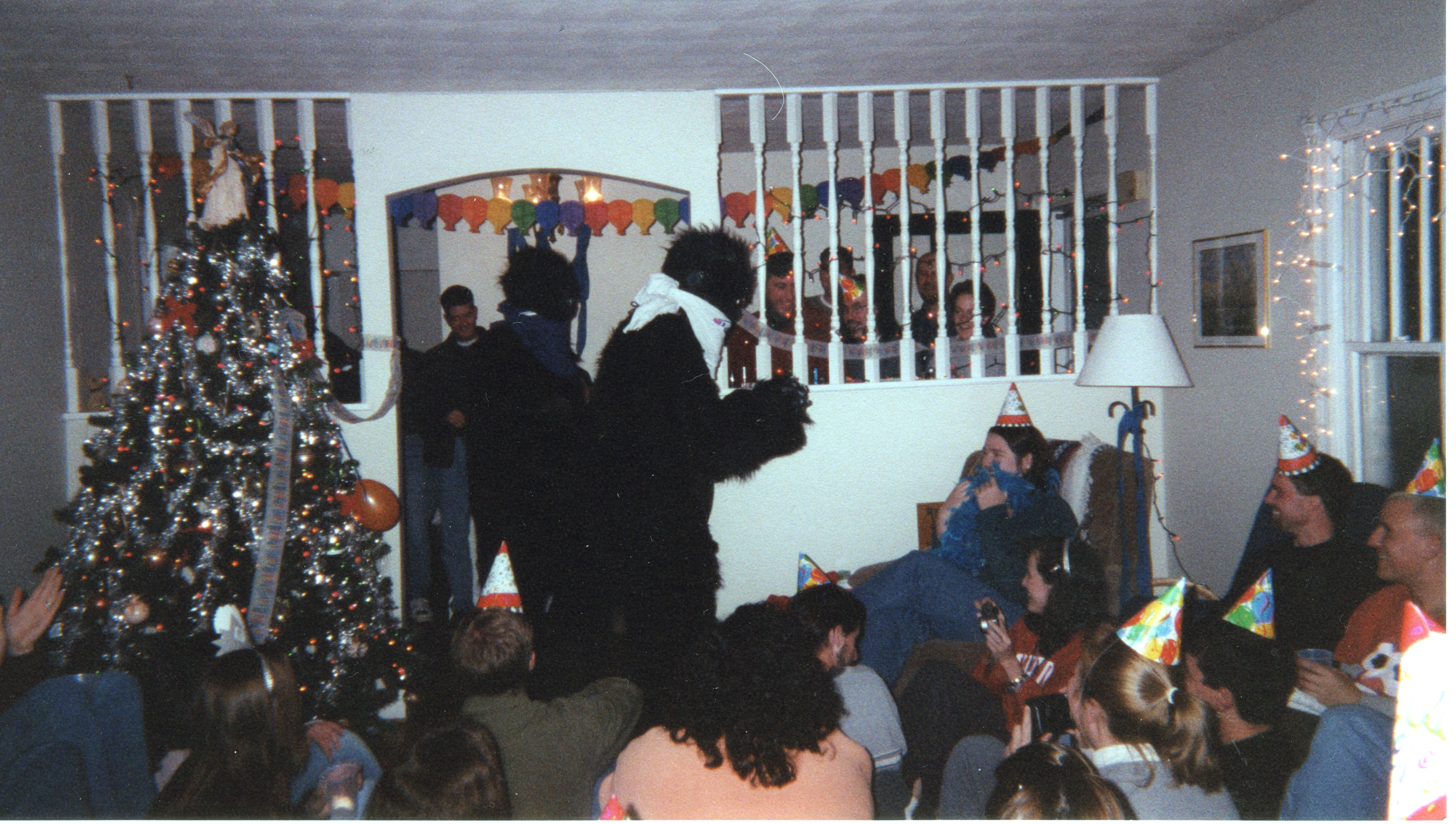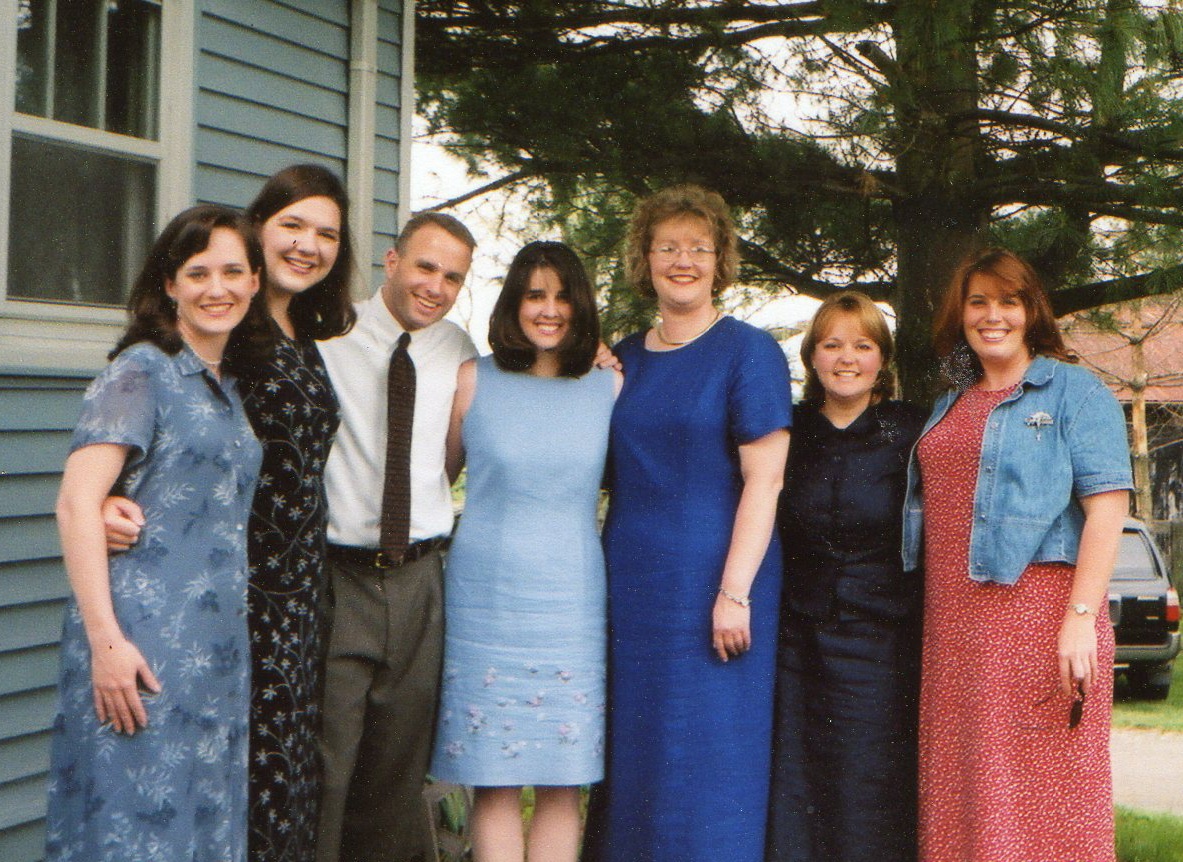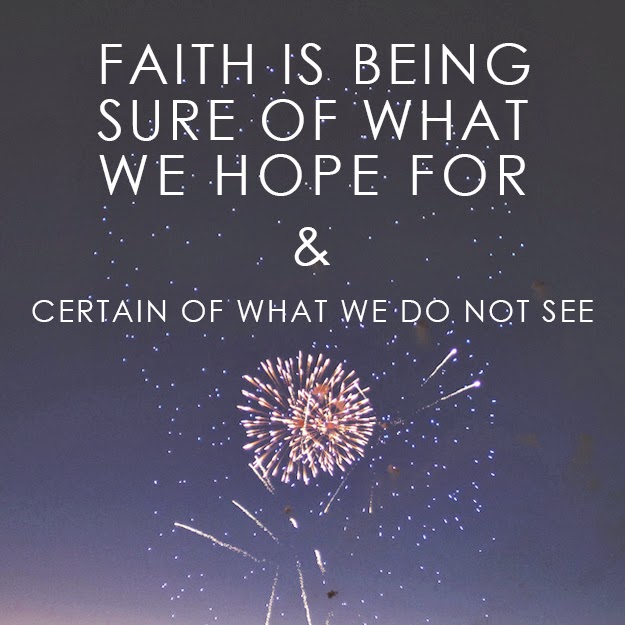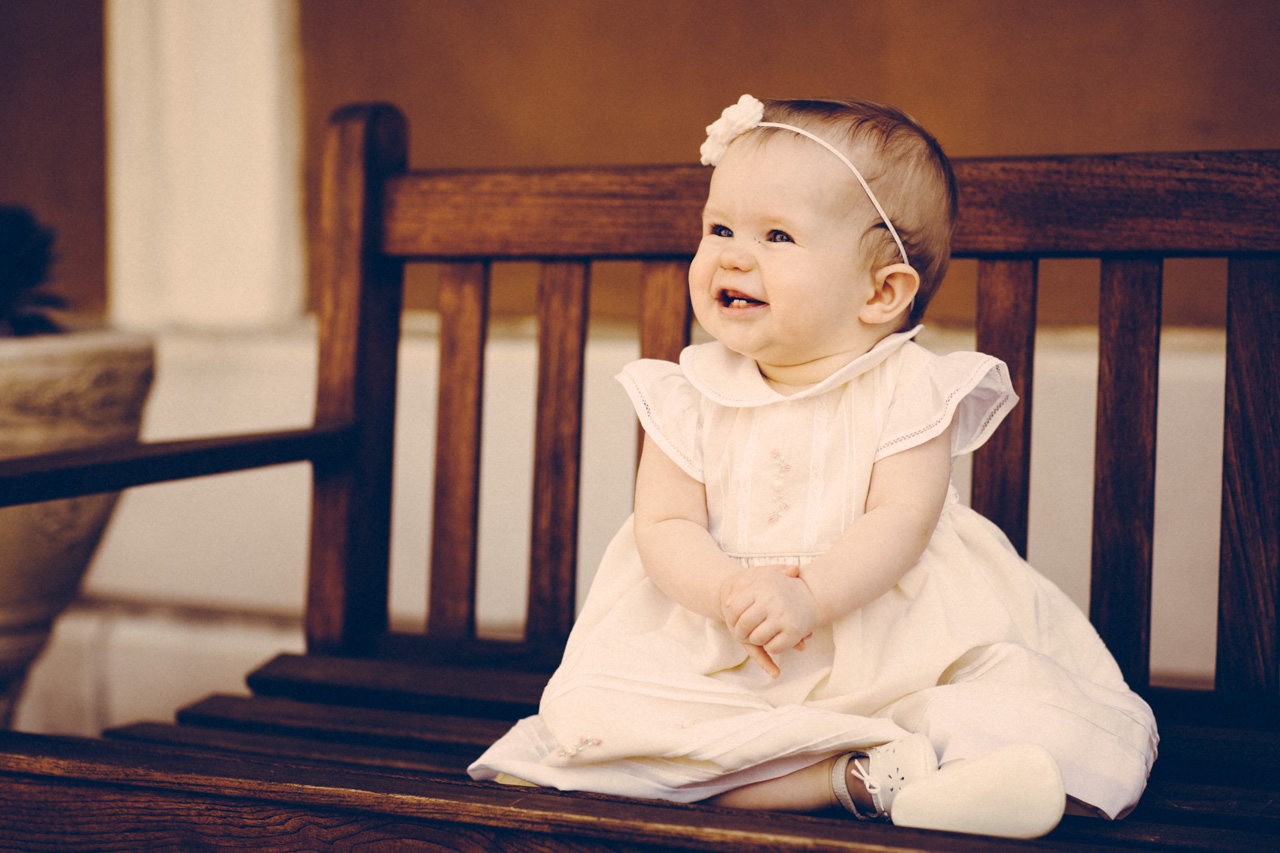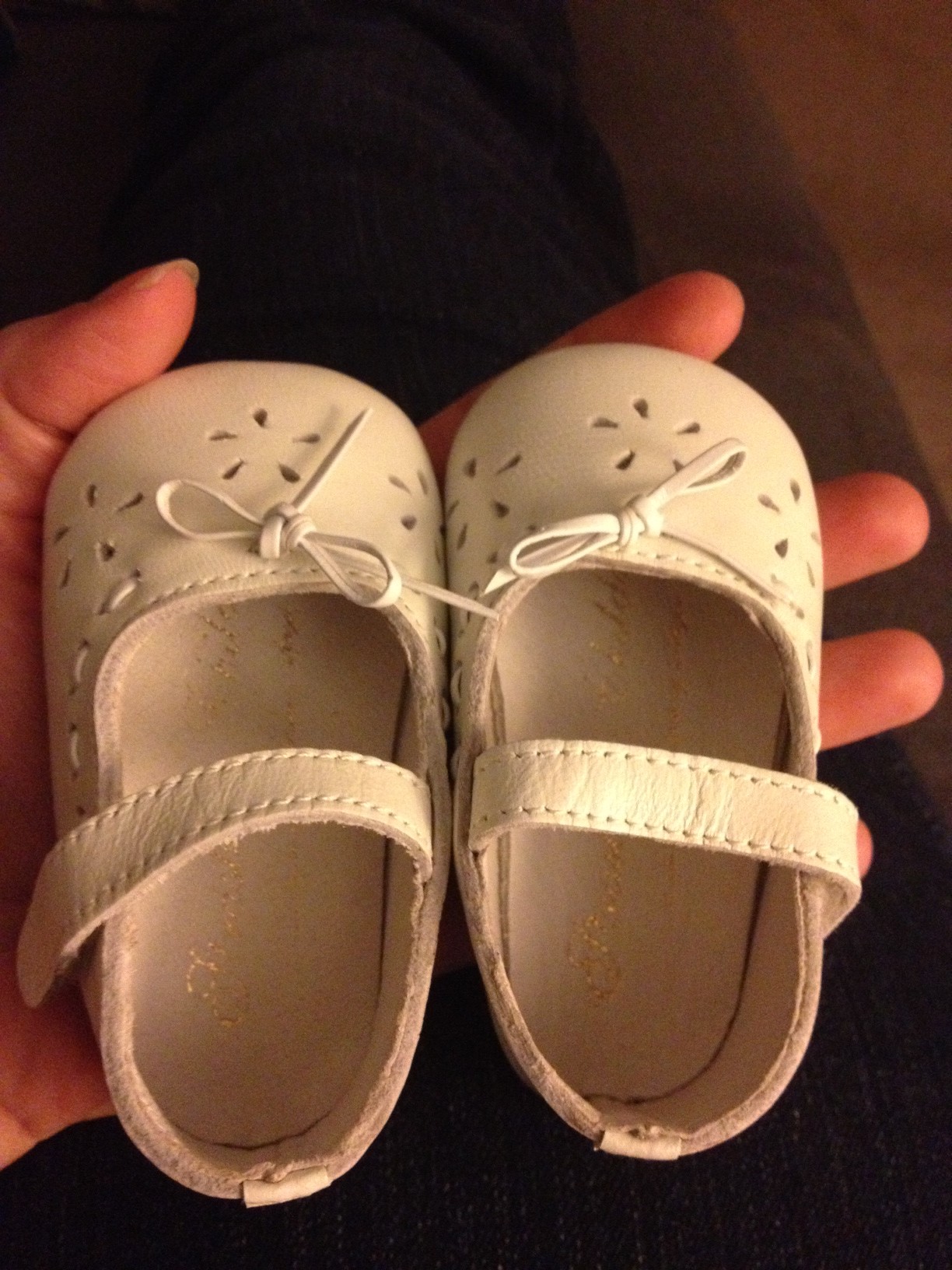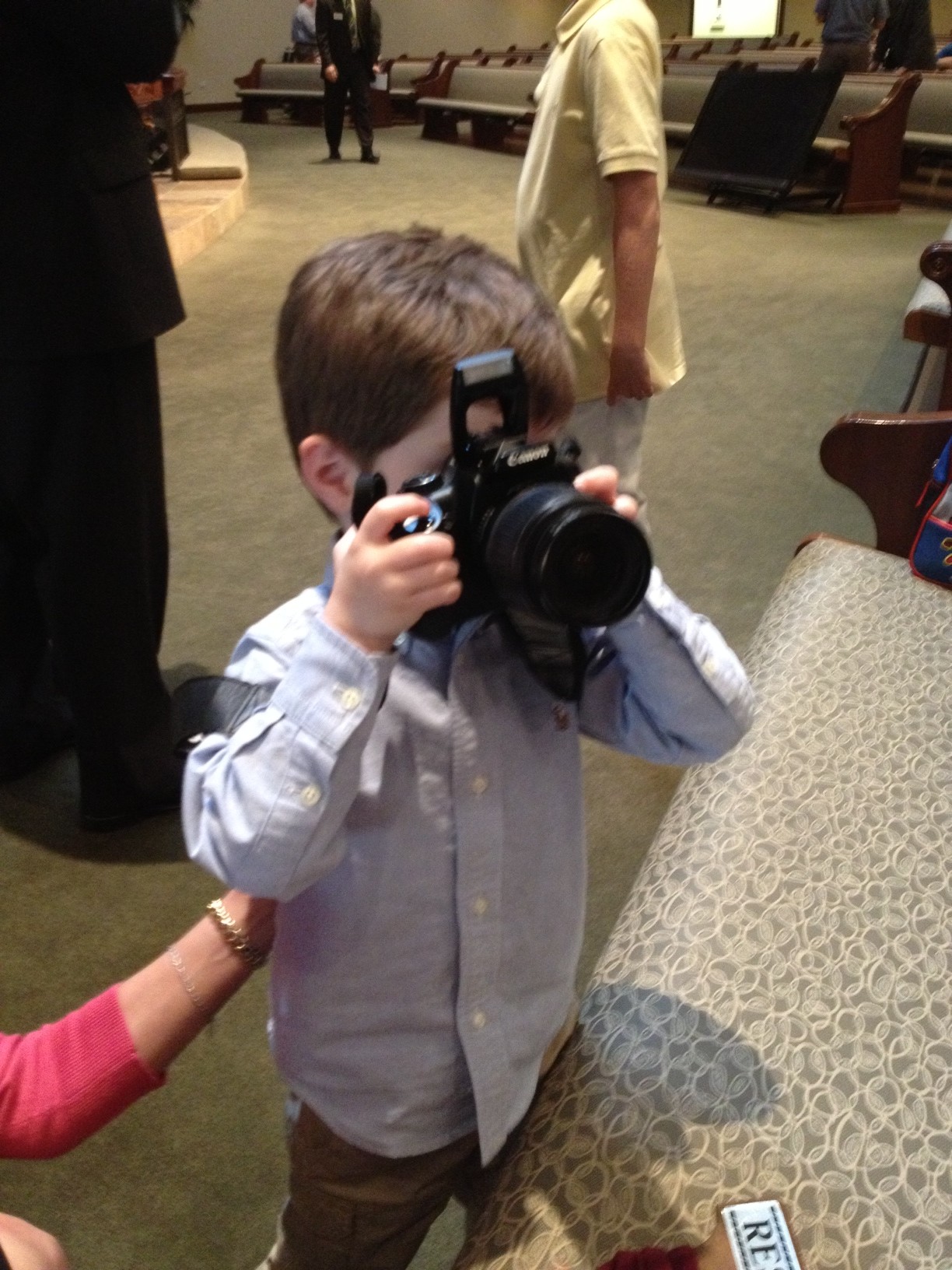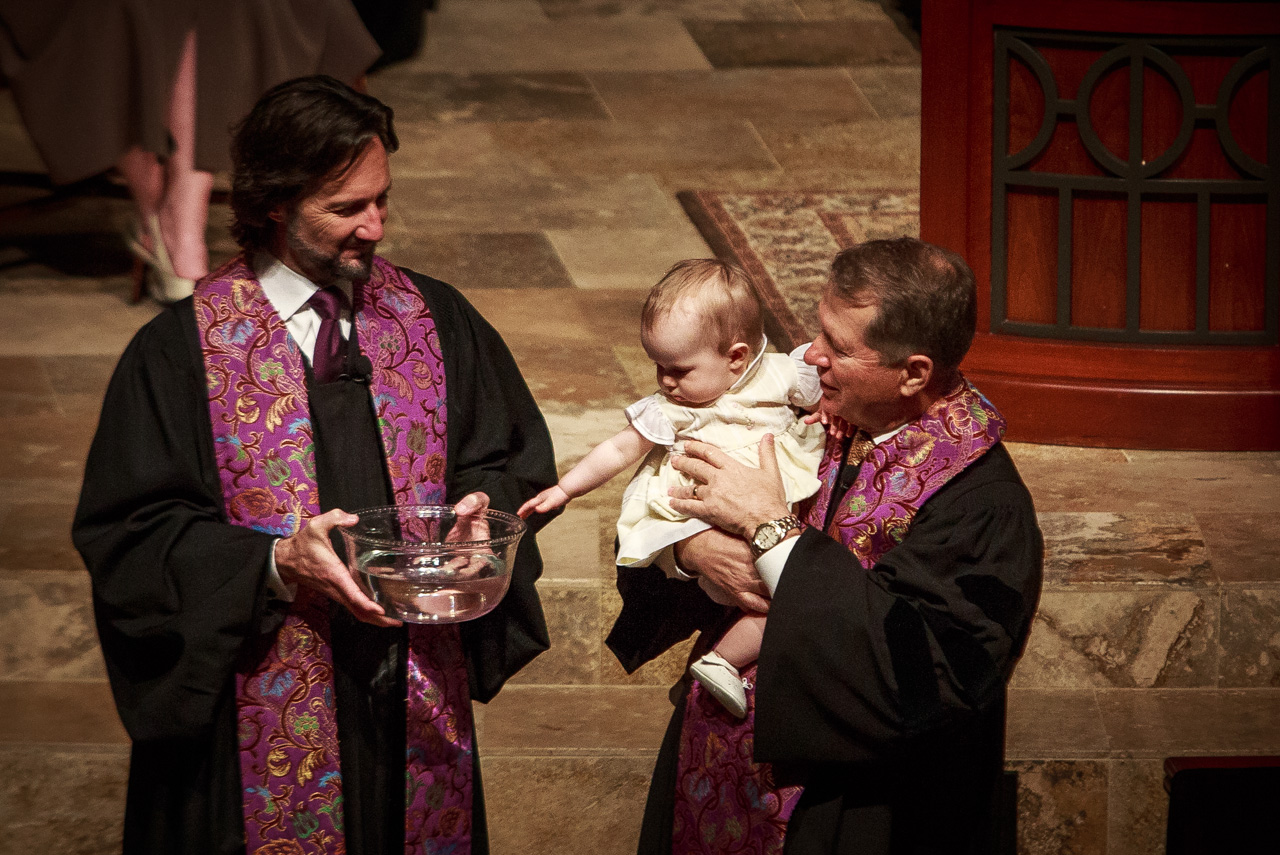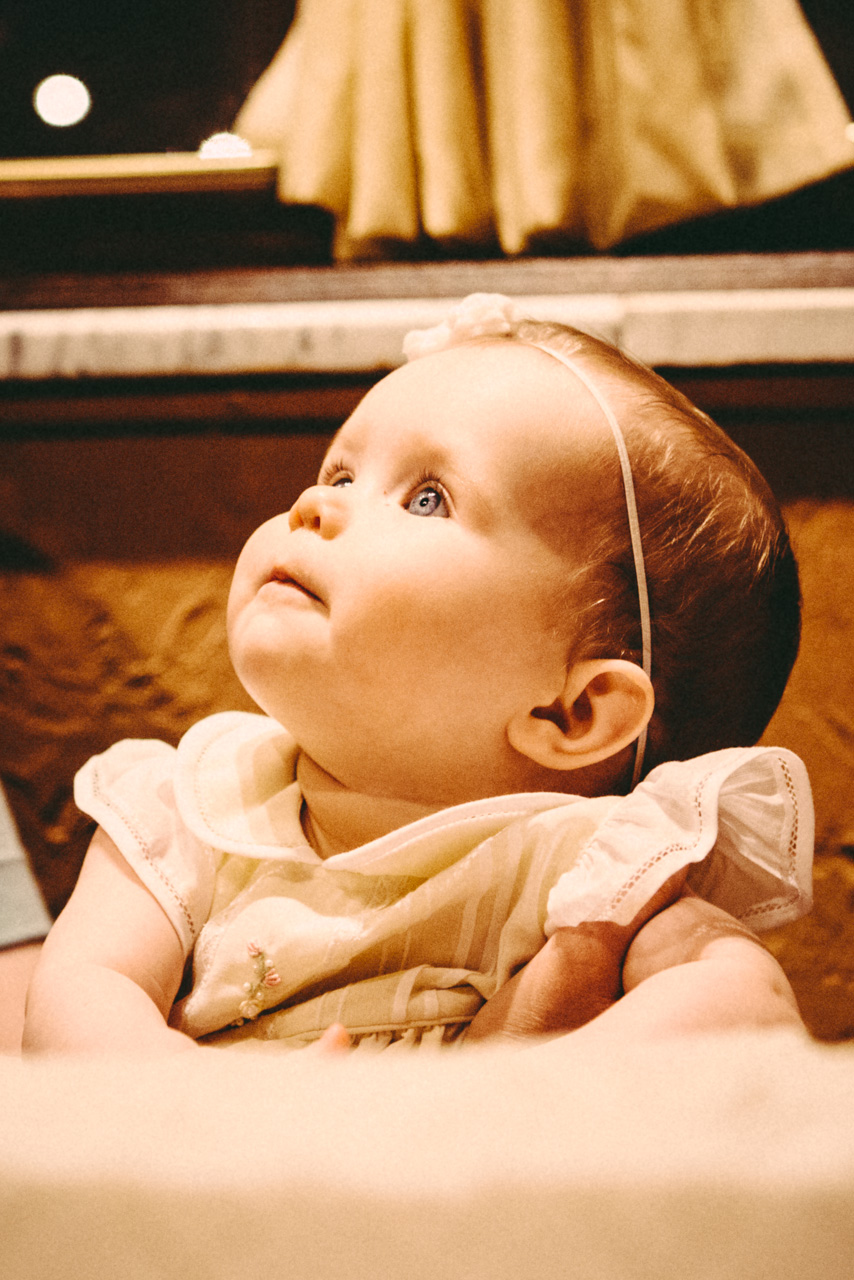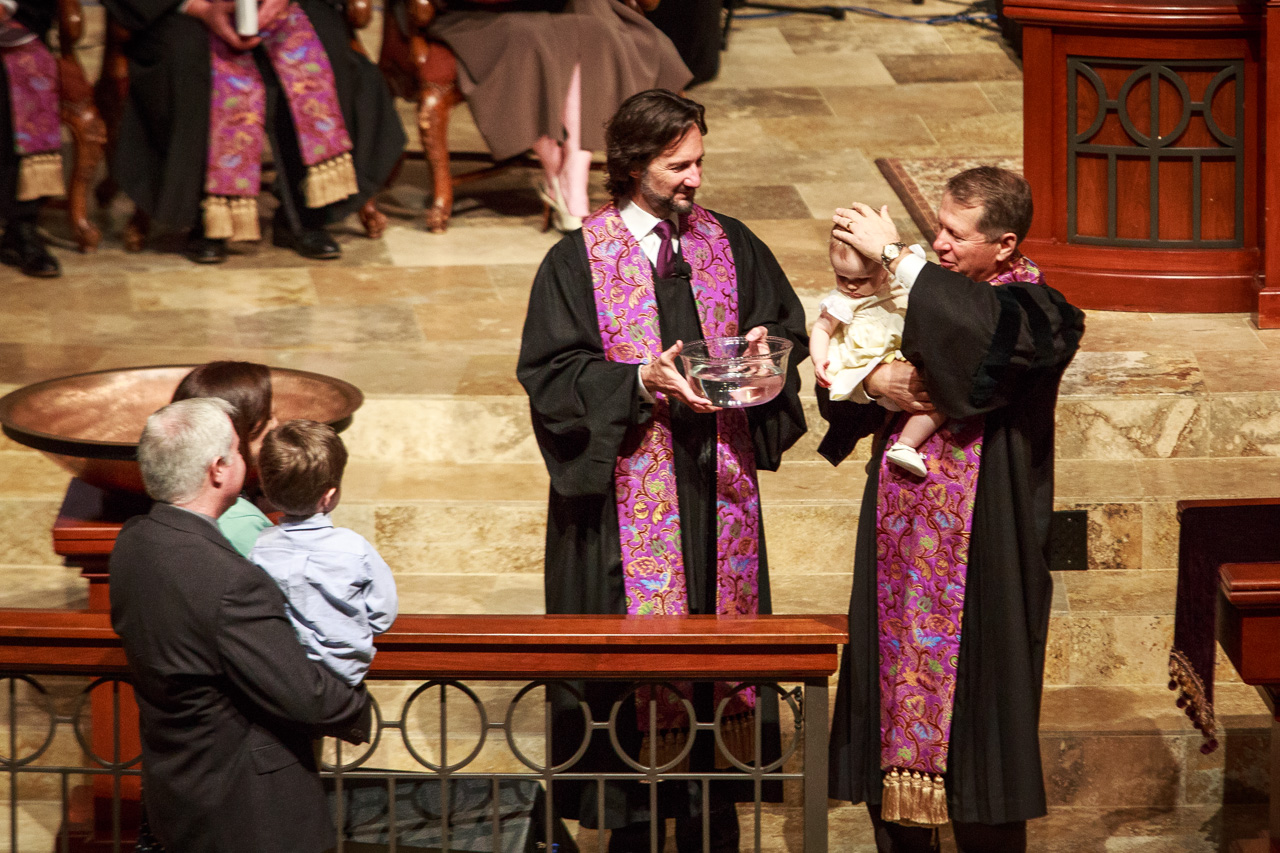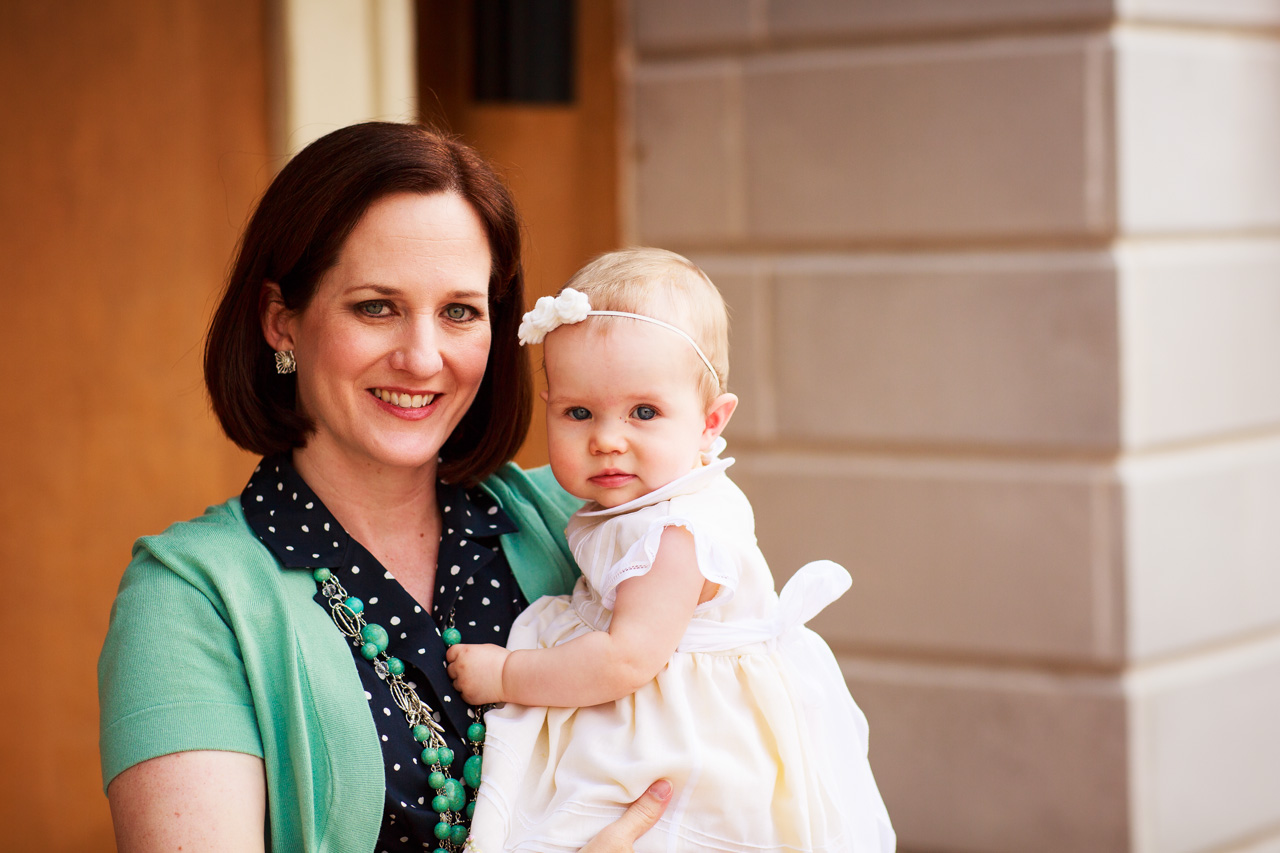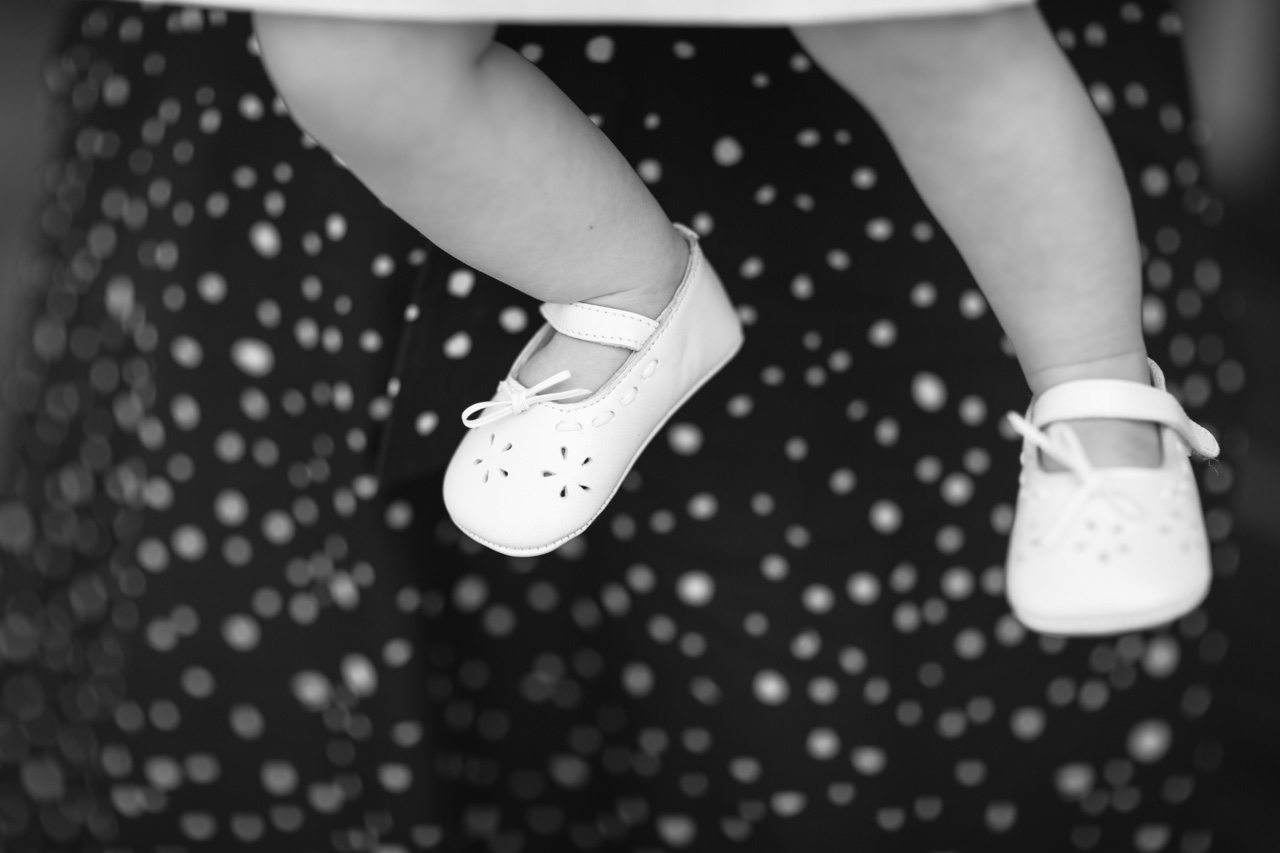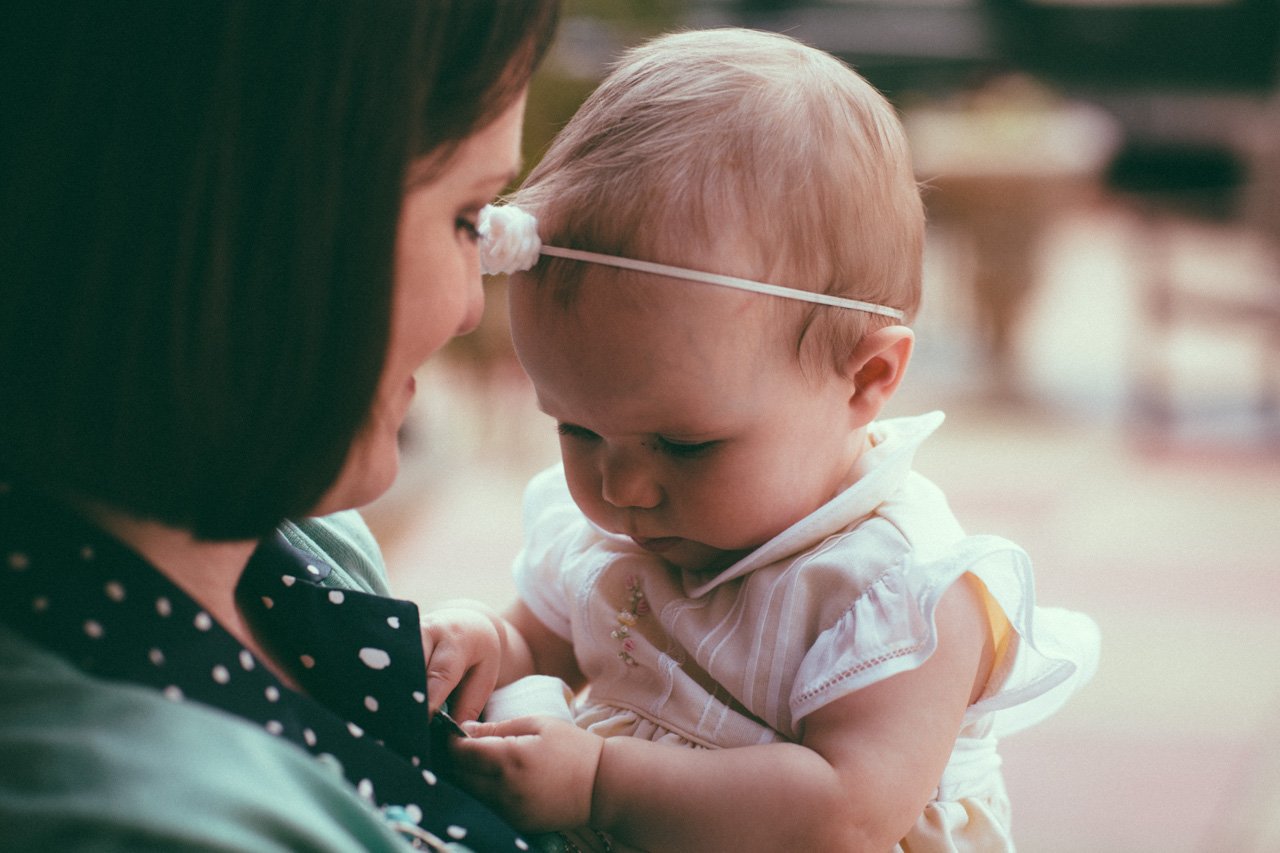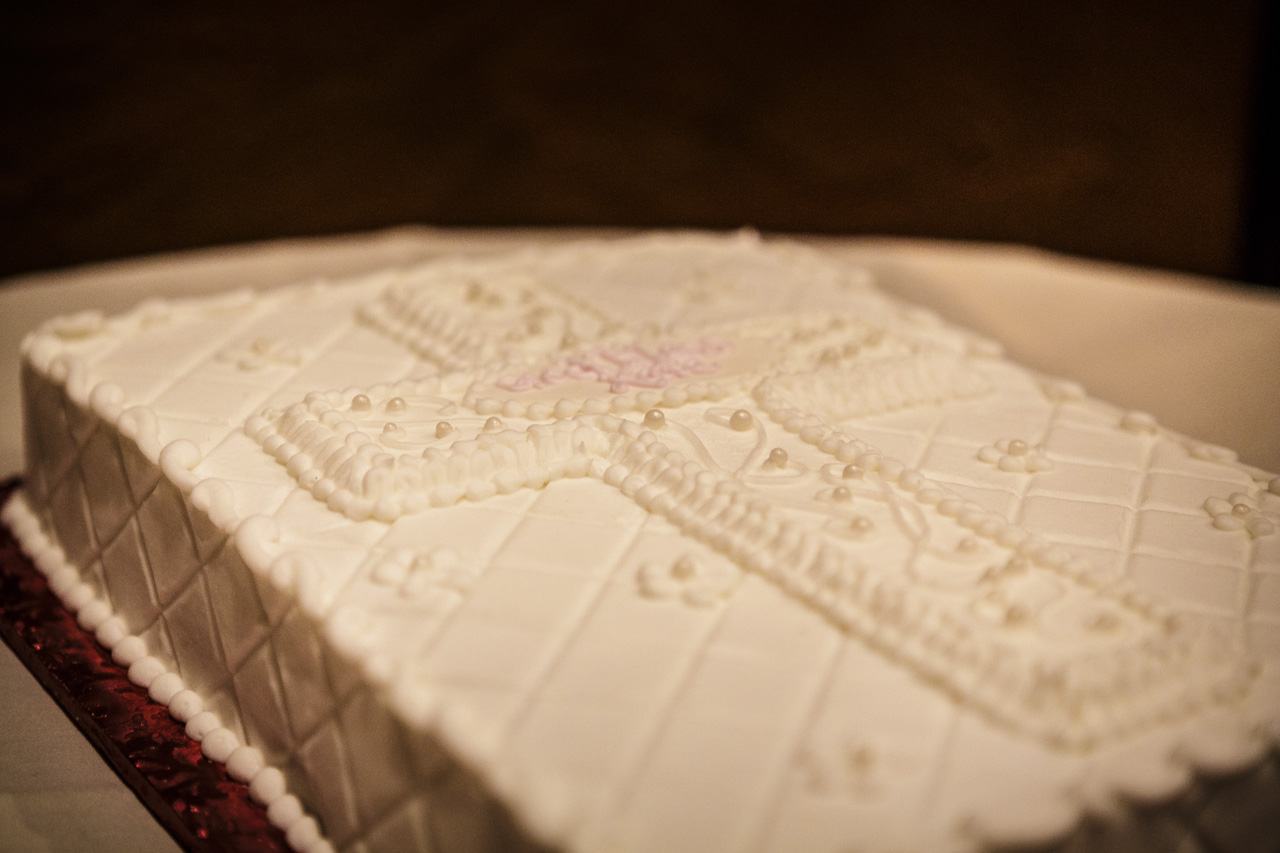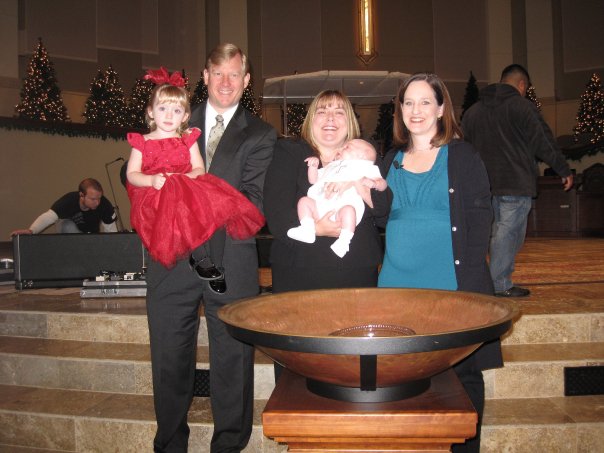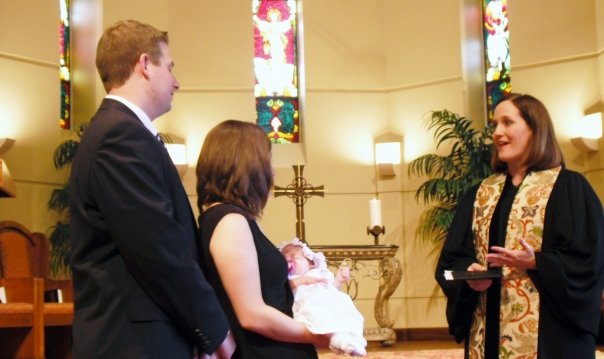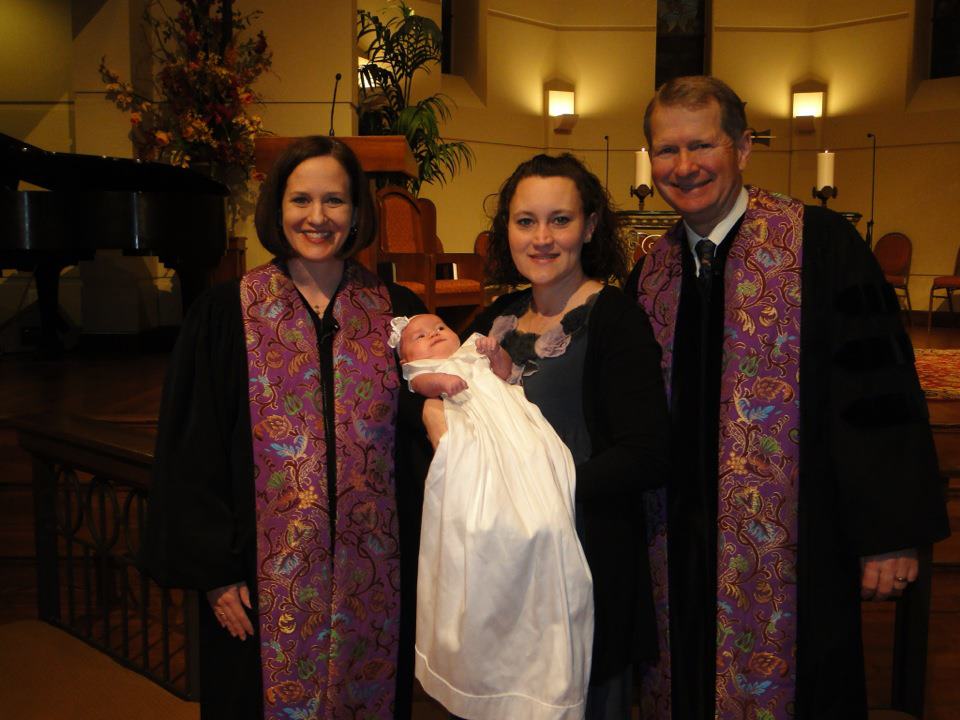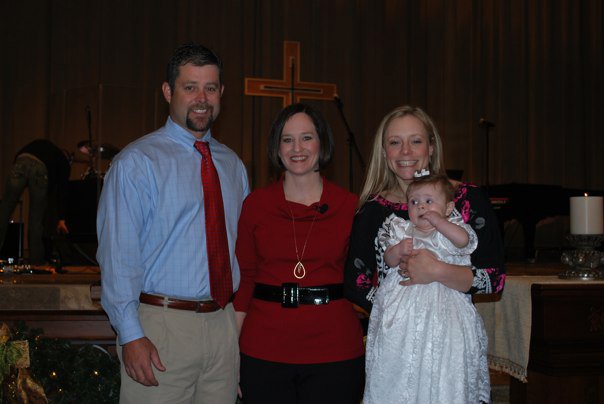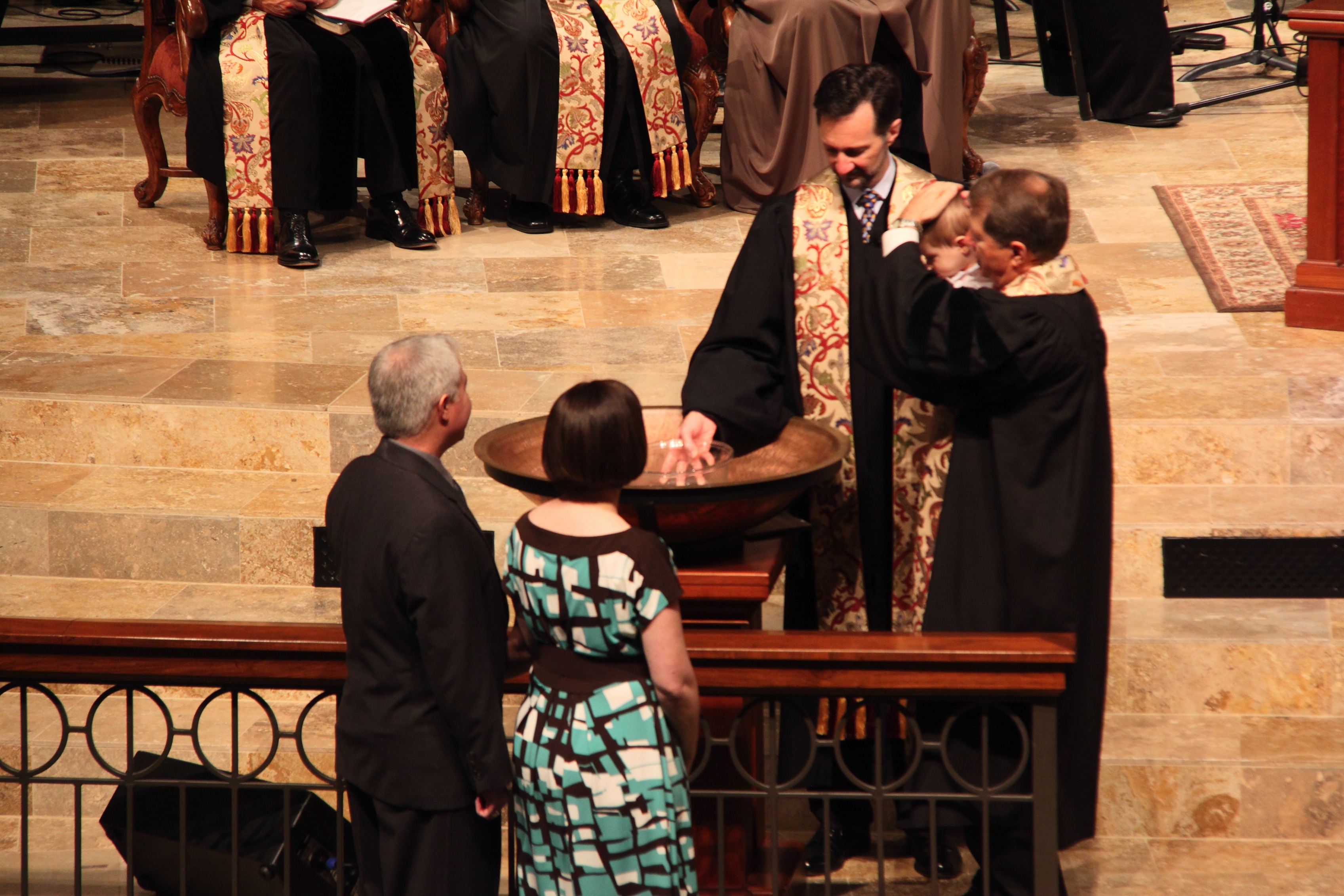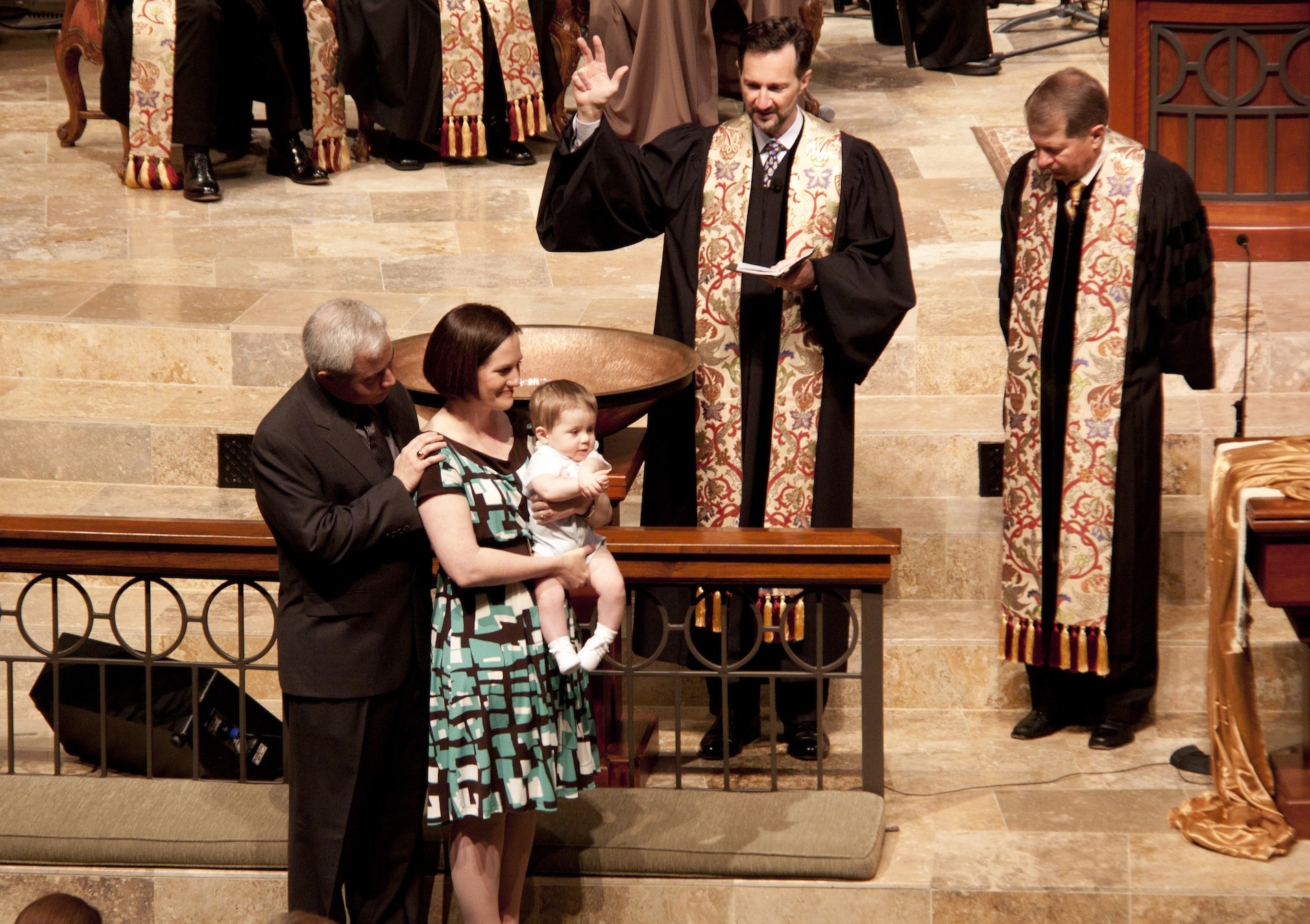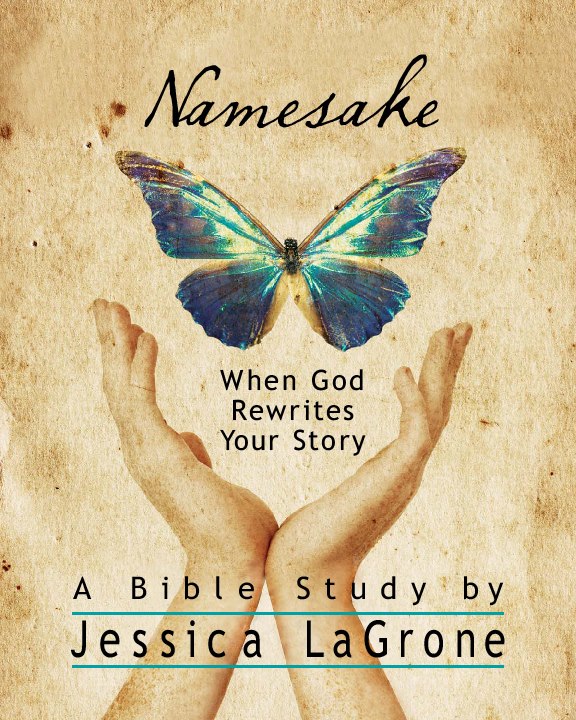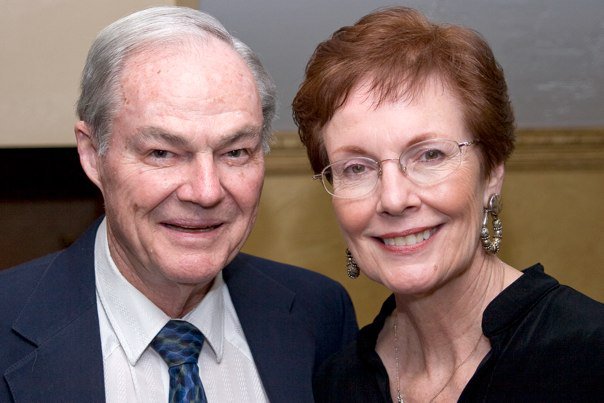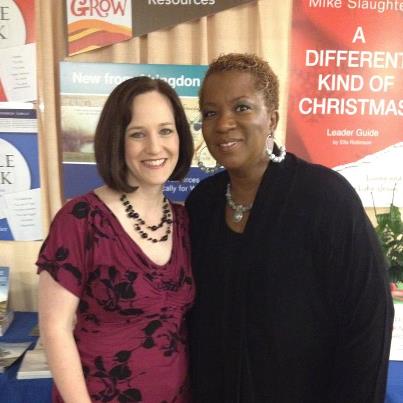
Jim and I got married in our 30’s, a little later than most of our friends. By the time of our wedding I had been to all the wedding showers and baby showers I cared to go to as a guest. It was my turn. I was ready to be a mom.
I had joked with Jim that we were definitely going to have a baby before his 40th birthday – since I didn’t want to have a baby with an “old man!” (I find myself eating those words as 40 isn’t sounding so old these days…)
Just like with everything else I had wanted in life, I had a plan complete with timelines and checklists. I had been good at achieving those in other areas, at creating to-do lists and life-goals and crossing them off. But for the first time something wasn’t within my control.
We spent several years seeing doctors and specialists. I went through tests and procedures that were painful for the body, psyche and bank account. Our newly born marriage was stretched and tried, and we struggled to find out who we were as a couple even as we longed to be parents together.
Then, in what seemed to be the ultimate success in goal achievement, I met my deadline. I walked into Jim’s home office on the morning of his 39th birthday, still in my pajamas and held out a present for him. It wasn’t wrapped. It wasn’t even sanitary. It was a pregnancy test, and it was positive!(There are very few occasions in life when you can give someone a gift you’ve peed on and receive the kind of joyful response I got that day.)
We were giddy with excitement and dreams. I remember a fog of walking around with a secret no one else knew: we were parents at last! The joy and celebration were instantaneous, overwhelming, and short-lived.
I woke up one morning bleeding. If I had been shot I don’t think it could’ve been more painful. Still, years later, every month when I see blood it often brings back a horrible and sick feeling. We rushed back to the doctor’s office where they were neither optimistic nor pessimistic. I’ve learned through the years to hate the poker face that doctors and nurses wear. I have searched their faces for any kind of hope or sympathy or grief – but they are masters at the non-answer. I was given a blood test and told to return in 48 hours.
For several days this cycle went on. The blood tests said the baby was growing, but the bleeding did not stop. Finally, an ultrasound confirmed that the baby was indeed alive and growing – in my left fallopian tube, an ectopic pregnancy. Suddenly the poker faces were gone and the doctor and nurses were urgent, since a rupture of that tube could be life threatening for me and could happen at any time. I was so confused at that point: we had exactly what we asked for, and we had to end it. We had to make a conscious decision to choose my life over our baby’s life. I couldn’t even bring myself to that point, so against doctor’s orders we went home and promised to return the next day.
The next day was November 5. That day will stay in my mind forever as the day we lost our first child.
Over the next few years we went on a rollercoaster of hope and devastation. We celebrated and lost other babies. I hold each of them in the calendar of my heart. I know the dates they were conceived, the dates they would have been born, and the dates I knew they were gone. These other losses had no diagnosis or explanation, just an empty and black ultrasound screen where no heartbeat danced across. They are the invisible, unrealized part of our family, even as our family has healed and grown in numbers and in joy.
October 15 is pregnancy and infant loss awareness day, and every year I watch as other people tell their stories, light candles and post pictures. I am usually silent. I “like” or comment on other people’s posts and send words of prayer and condolence. But part of my grieving as a very private person was to choose to keep my news very carefully tucked in my heart while, as a pastor, I took care of other people in their grief.
Sometimes a woman tells me her story of the loss of a baby, and after I listen and cry with her and comfort and pray, sometimes when it seems appropriate to share and the Spirit prompts, I lean in and whisper very gently: “Me too.” Those are Holy Spirit words: “me too.” They are words that are not meant to compete with or diminish grief, but they draw a wider circle that allows us to sit in that grief together. And as the circle gets bigger, some new piece of healing happens. “Me too” means that we’re not alone. It means that while each experience of grief is unique and different, the embrace of community is wider than the isolation we have felt. “Me too” are the words of incarnation. God’s suffering and grief and loss stands in this circle with us even as he is the embrace around us.
So, if you need to hear it, I break my silence for you today. I say “me too” in honor of the ones we’ve carried and loved and lost. I stand in this circle with you and remember, and gather, and recite the holy calendar of what might have been, even as I rejoice in what is, and what is to come.

